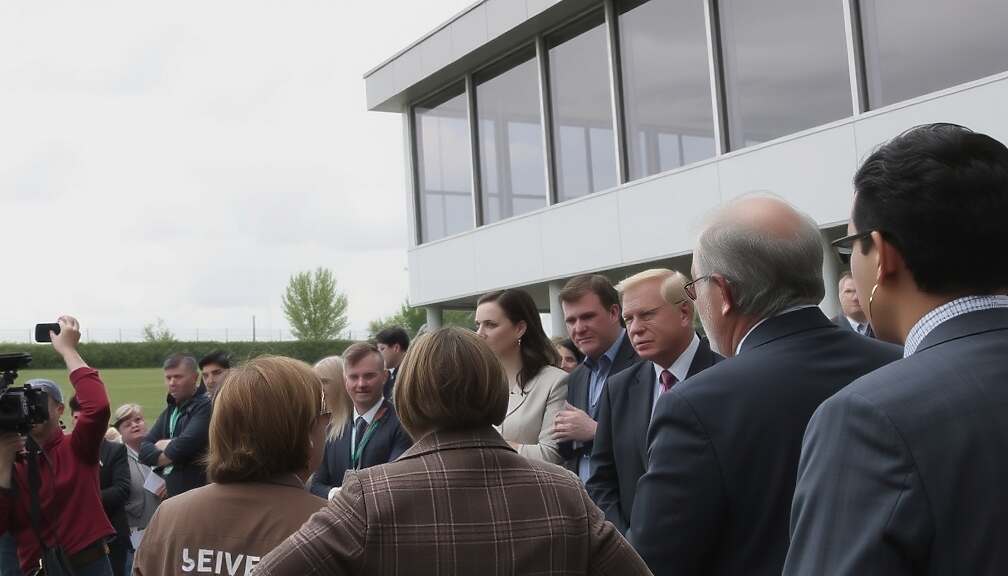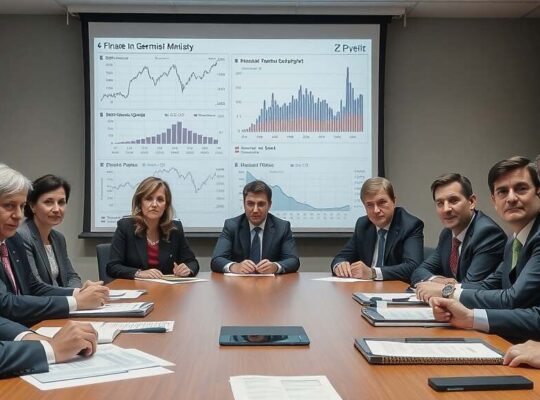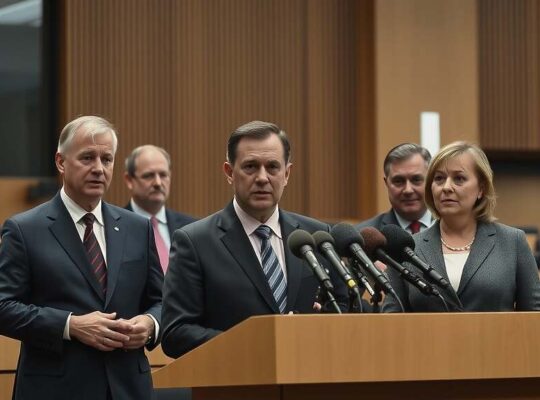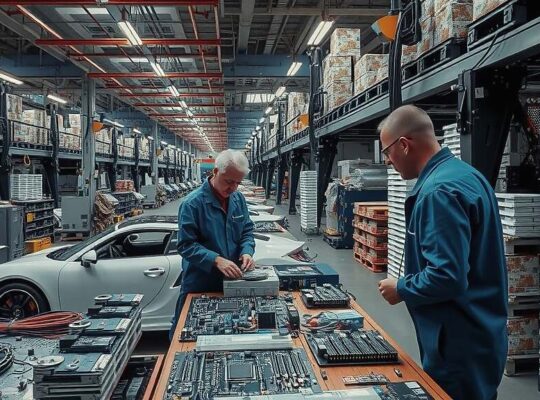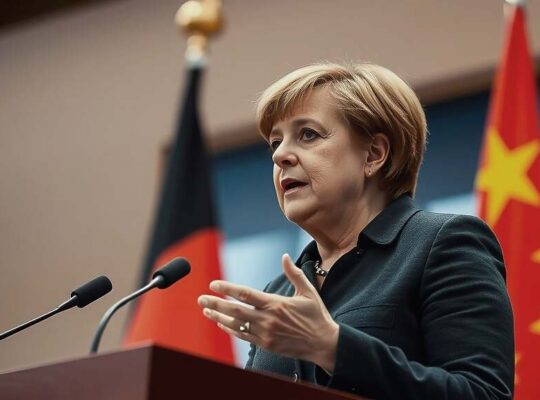The German government is embroiled in a contentious debate over the country’s commitment to phasing out combustion engine vehicles by 2035, sparking fierce criticism from the Green Party and raising concerns about Germany’s leadership role in the global shift to electric mobility. Following a high-level summit convened at the Chancellery, Chancellor Friedrich Merz of the CDU signaled a willingness to reconsider the legally binding deadline, advocating for the continued allowance of vehicles with carbon emissions beyond 2035.
This shift departs from the current EU fleet emission standards, which mandate a gradual reduction in allowable CO2 emissions from new vehicles, culminating in a zero-emission target by 2035. While Finance Minister Lars Klingbeil of the SPD maintained the government’s dedication to electric mobility and climate targets, he indicated openness to adjustments to Germany’s position within the European Union, particularly regarding plug-in hybrids and range-extender technology.
Green Party parliamentary group leader Katharina Dröge swiftly condemned this potential policy backtrack, arguing that it “de facto abandons the EU’s combustion engine phase-out”. She warned that maintaining outdated technologies would stifle innovation, compromise international competitiveness and ultimately endanger jobs within the German automotive sector. Dröge criticized what she described as a “reverse gear” for Germany, placing it at risk of falling behind global leaders in electric vehicle adoption.
The Greens’ co-chair, Franziska Brantner, echoed these concerns, emphasizing the need for industry planning certainty. She cautioned that invoking “technology openness” often masks a resistance to progress and accused those advocating for prolonging the lifespan of combustion engines as engaging in ideologically driven politics at the expense of Germany’s economic future, potentially leaving the nation vulnerable to competition from China and the United States.
Brantner insisted that the future unequivocally belongs to electric mobility and warned that sowing doubts undermines the German automotive industry and jeopardizes employment. The uncertainty surrounding the government’s position is already causing apprehension among customers, investors and workers, hindering the industry’s ability to confidently invest in a sustainable future. Critics argue that the CDU and SPD’s apparent willingness to compromise on the 2035 deadline represents a fundamental abandonment of climate targets and a failure to prepare Germany’s economy for the challenges of the 21st century.


